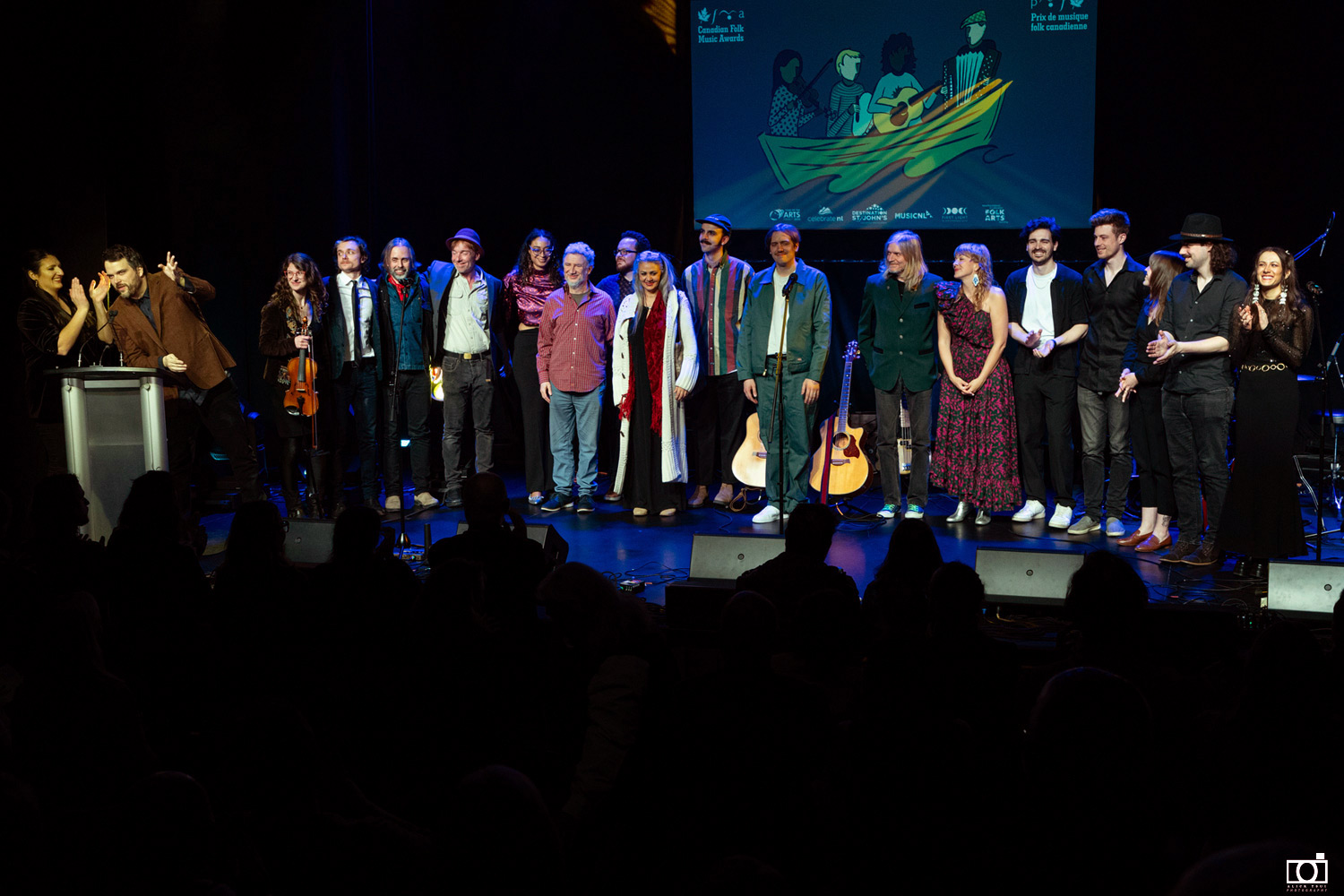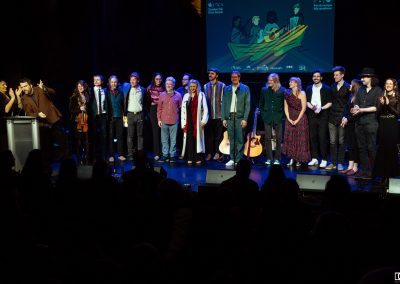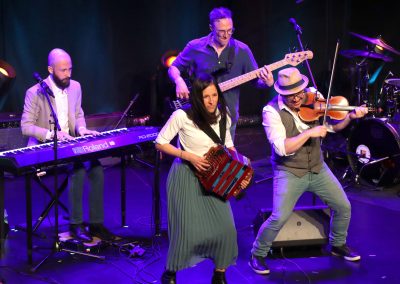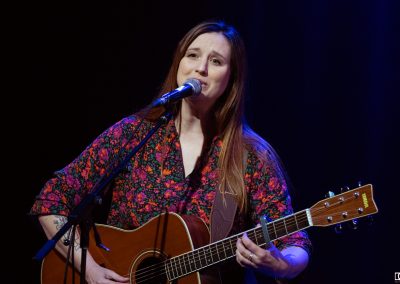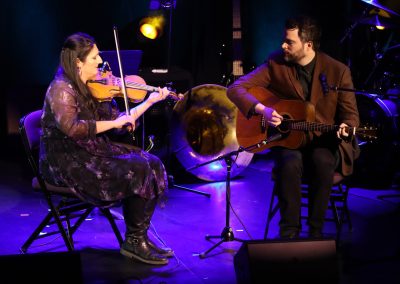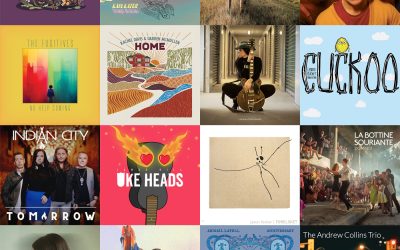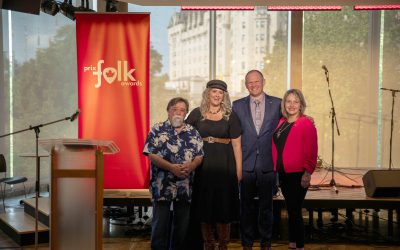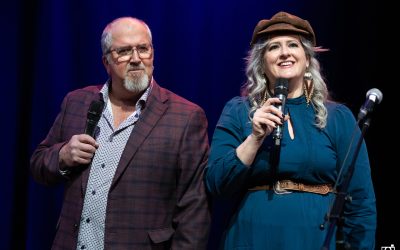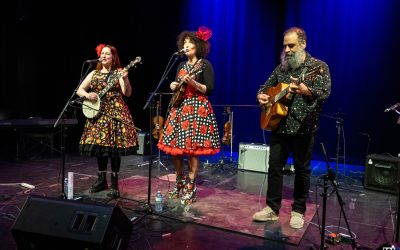Graciously funded by:




Major Sponsors and Partners:



Pleased to be sponsored by:
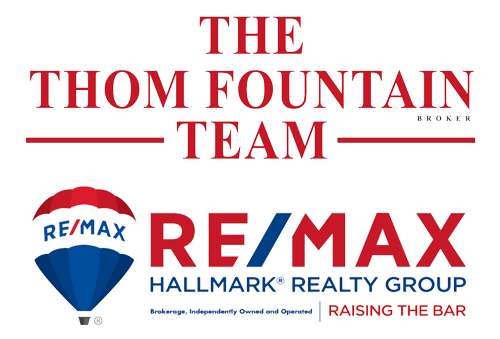

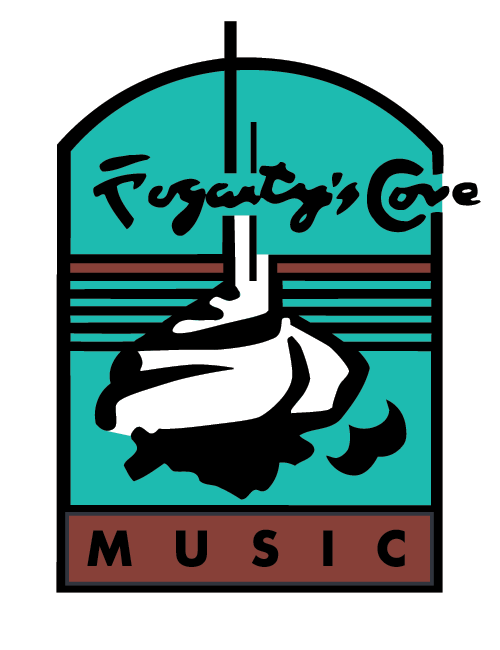
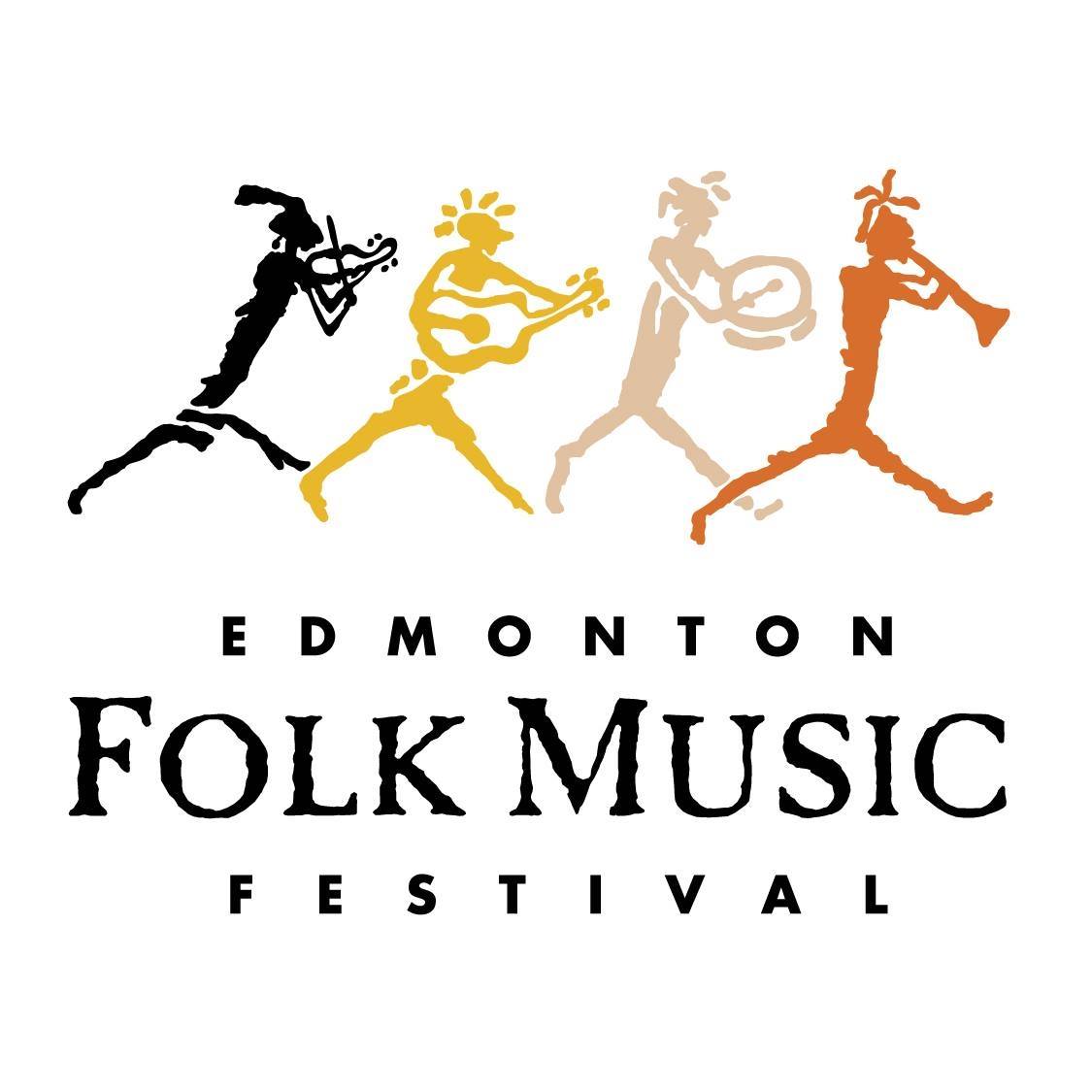



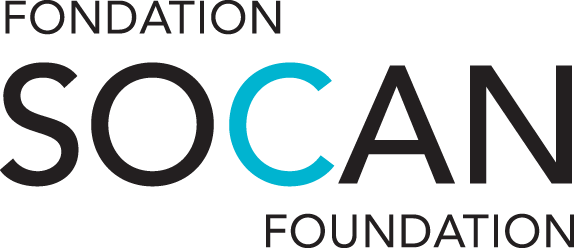
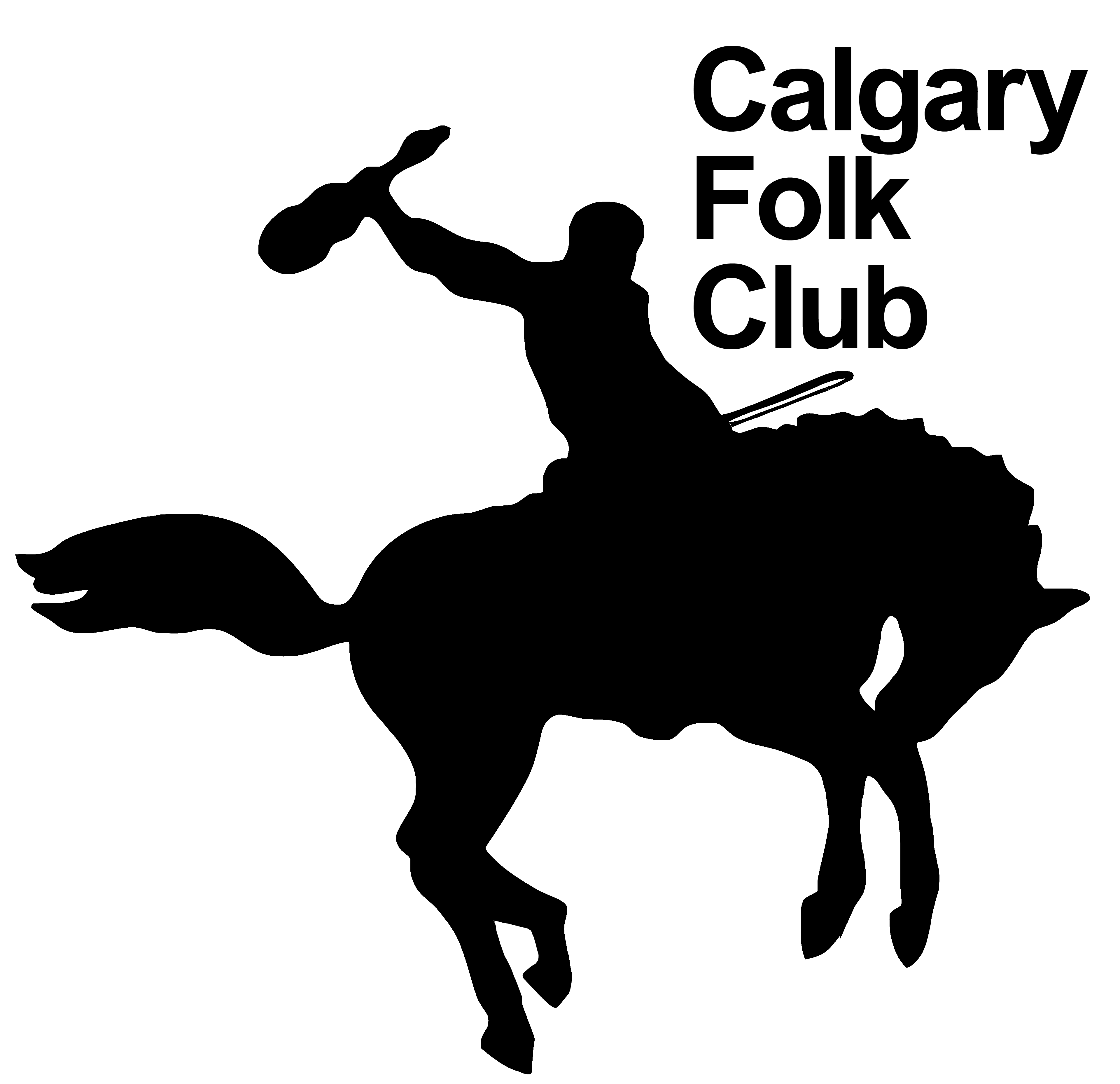


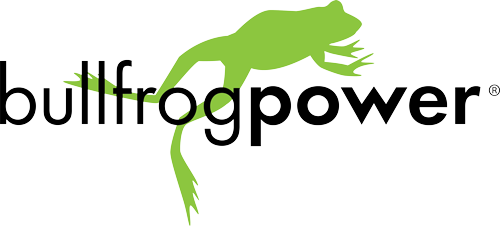
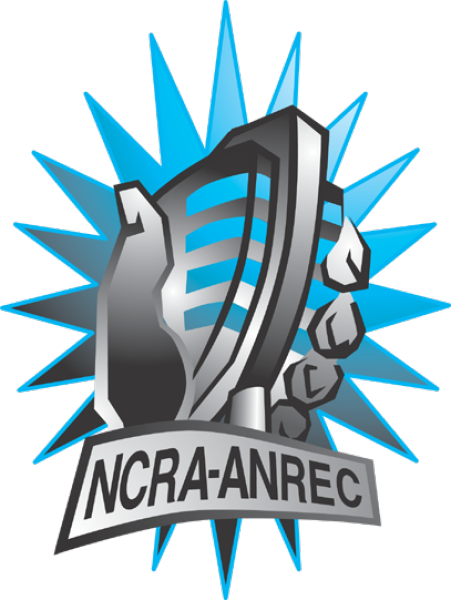

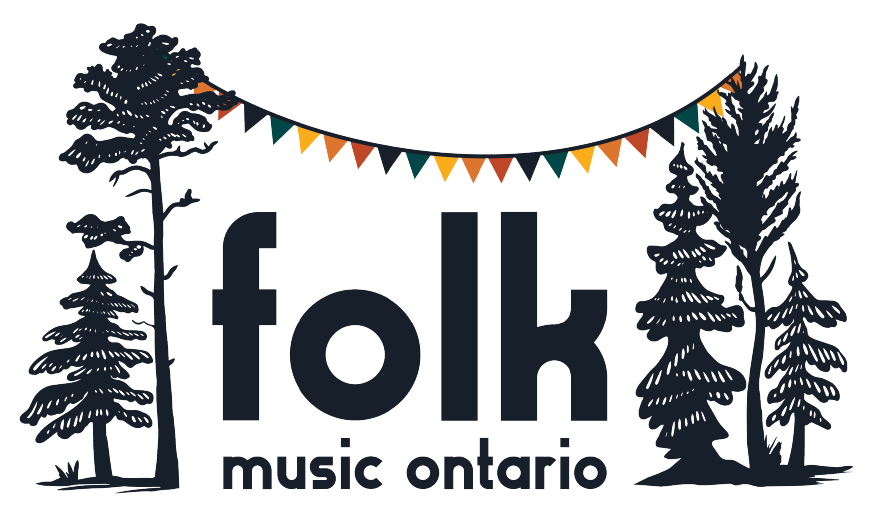
Equity, Diversity and Inclusion
The Canadian Folk Music Awards (CFMA) values diversity within its organization as well as its programs, and believes that inclusiveness is essential to the CFMA Mission “to celebrate and promote the breadth and depth of Canadian folk music in all its forms” and to achieving its Vision of “widespread acclaim and success for a vibrant and diverse Canadian folk music industry and community”. This Mission and Vision were adopted by the CFMA Board of Directors in 2015.
CFMA will continue to work on an ongoing basis to ensure that there is no discrimination in its organization or its operations with respect to, but not limited to, race, ethnicity, nationality, place of birth, language, sex, sexual or gender identity, sexual orientation, religion, age, ability, neurodivergence, family status, income or political affiliation.
CFMA recognizes that, just as increasing diversity among performers and audiences in the Canadian folk music industry and community have made folk music more vibrant, relevant and entertaining, reflecting this diversity in our organization and operations is necessary to make CFMA more effective, relevant and successful.
CFMA is aware that some groups have been, and continue to be, marginalized and face barriers to full access and participation in programs, services and society as a whole. CFMA will therefore strive to facilitate inclusive access and participation in its programs and services, governance structures, as well as recruitment for employment and volunteer opportunities, including juries for the selection of awards nominees and recipients.
To achieve inclusive participation of diverse groups. CFMA will work to ensure that:
- its programs and services encourage and avoid barriers to broad participation, and promote positive relations with disadvantaged or marginalized groups
- its communications portray diversity in a balanced and positive manner
- its employment and volunteer opportunities, including juries, encourage diversity and avoid barriers for participation
- the makeup of its Board of Directors reflects the diversity of Canadian society
